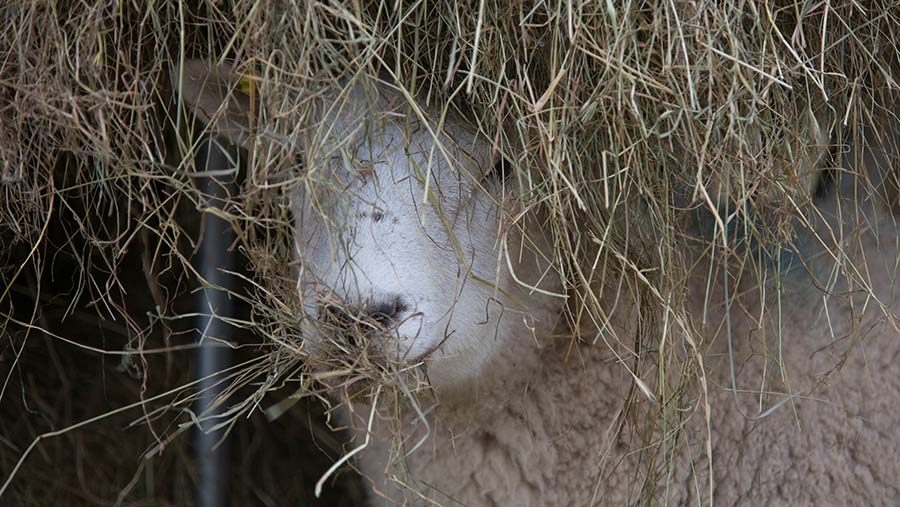Farm dust and raw milk could be key to allergy treatment
 Research suggests exposure to farmyard dust may protect children from allergies © Tim Scrivener
Research suggests exposure to farmyard dust may protect children from allergies © Tim Scrivener Farm dust and raw milk could hold the key to breakthrough treatments for food allergy sufferers, researchers have found.
Statistics show the number of people across the world developing food and irritant allergies is growing. But a study of 1,300 children showed that those brought up on farms had fewer allergy-related disorders than their urban counterparts.
Research has also shown that the protective benefits of growing up on a farm can last into adulthood.
See also: How to manage staff exposure to poultry dust
Levels of allergic rhinitis – which causes a streaming nose, sneezing and sore eyes – were far lower among farm children.
Scientists have suggested these children may suffer less because from an early age they are exposed to barnyard dust and the micro-organisms found in raw milk.
Five-year target
An international consortium funded by the Dutch Lung Foundation has now been set a five-year target to develop treatments based on farm dust and unprocessed milk.
Consortium member Erika von Mutius of Munich University, Germany, suggested that research pointed to an over-emphasis on cleanliness in modern times.
Dr von Mutius said urban children may have been left exposed to allergies by a drive for ever more sterile environments, leaving their immune systems under-developed.
She said there was a growing consensus that “we need to reintroduce the things we have lost in our lifestyles. It is no longer only about avoidance”.
‘Protective umbrella’
A report co-authored by Dr von Mutius says research pointed to a window of opportunity within childhood where exposure to microbial diversity could reduce allergic reactions.
Professor Stephen Holgate, based at Southampton University, explained: “By not having a protective umbrella boosted in the first few months of life, we are depriving our immune system of the intelligence to be able to suppress the allergic pathways.”
He added that an upcoming symposium in the UK would further the discussion towards research into treatments to protect children against allergies.
